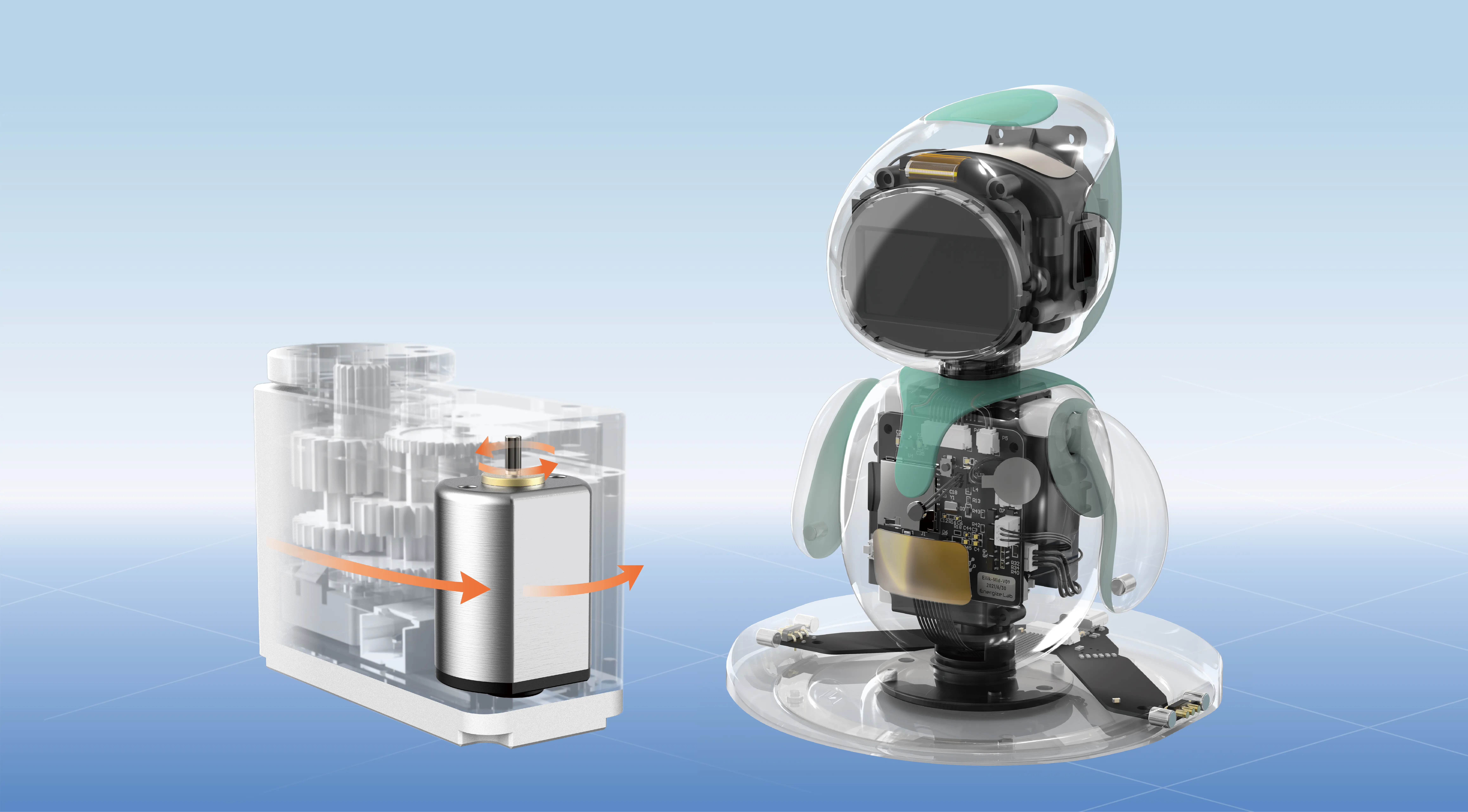Imagine you're working on your latest model airplane—its sleek fuselage, tiny propellers spinning with precision. What's missing? That subtle, yet crucial component: a reliable servo motor. Choosing the right servo motor for your model plane can make all the difference, turning a good project into an incredible one. But what exactly makes a servo suitable?

Well, it’s all about precision and durability. You want something that responds instantly to your commands, whether you’re adjusting the rudder mid-flight or tweaking the flap angles for that perfect glide. That’s where a quality servo comes into play—offering not just quick response times but also consistent performance over countless flights.
Sometimes, it feels like selecting a servo motor involves deciphering a sea of technical specs—torque ratings, speed, voltage requirements. But honestly, it’s also about understanding what your plane needs. For a small-scale model, a servo with moderate torque and quick reflexes will do the trick. But if you’re building a larger or more complex plane, higher torque and sturdy construction become non-negotiable. It’s like choosing the right shoes for a marathon versus a casual walk—each has its own demands.
People often ask, “How do I know if a servo motor will fit my model?” Think about how much force is needed to move the control surfaces. If the servo can handle that with ease, it’s a good match. Imagine pushing a tiny lever on your desk—it should move smoothly and stay in the position you put it, resisting unwanted movement caused by turbulence or vibrations. That’s what good servos deliver.
Plus, reliability matters. Ever been mid-flight and your servo suddenly stalls? It’s frustrating, right? So durability, sealed gears, and high-quality materials aren’t just buzzwords—they’re essentials. Many hobbyists swear by servo motors that handle humidity and minor impacts without skipping a beat. Maintaining a consistent control response creates a sense of mastery over your aircraft, transforming the flying experience from jittery to silky smooth.
When considering a servo, it's smart to think about compatibility too. Voltage ranges matter a lot—do you want something that works smoothly with your existing receiver? Do you prefer metal gears for toughness or plastic for lighter weight? These small decisions add up to a better flying experience.
In the end, it’s about making your model plane reflect your passion and attention to detail. A good servo motor isn’t just a part; it’s the heartbeat of your plane's responsiveness. When you pick one tuned to your needs, embarking on that next flight feels almost effortless—like turning the key in a finely tuned engine. That's the joy of choosing the right servo; it's about creating something thatnot only flies but commands the skies with confidence.
Established in 2005, Kpower has been dedicated to a professional compact motion unit manufacturer, headquartered in Dongguan, Guangdong Province, China. Leveraging innovations in modular drive technology, Kpower integrates high-performance motors, precision reducers, and multi-protocol control systems to provide efficient and customized smart drive system solutions. Kpower has delivered professional drive system solutions to over 500 enterprise clients globally with products covering various fields such as Smart Home Systems, Automatic Electronics, Robotics, Precision Agriculture, Drones, and Industrial Automation.




































